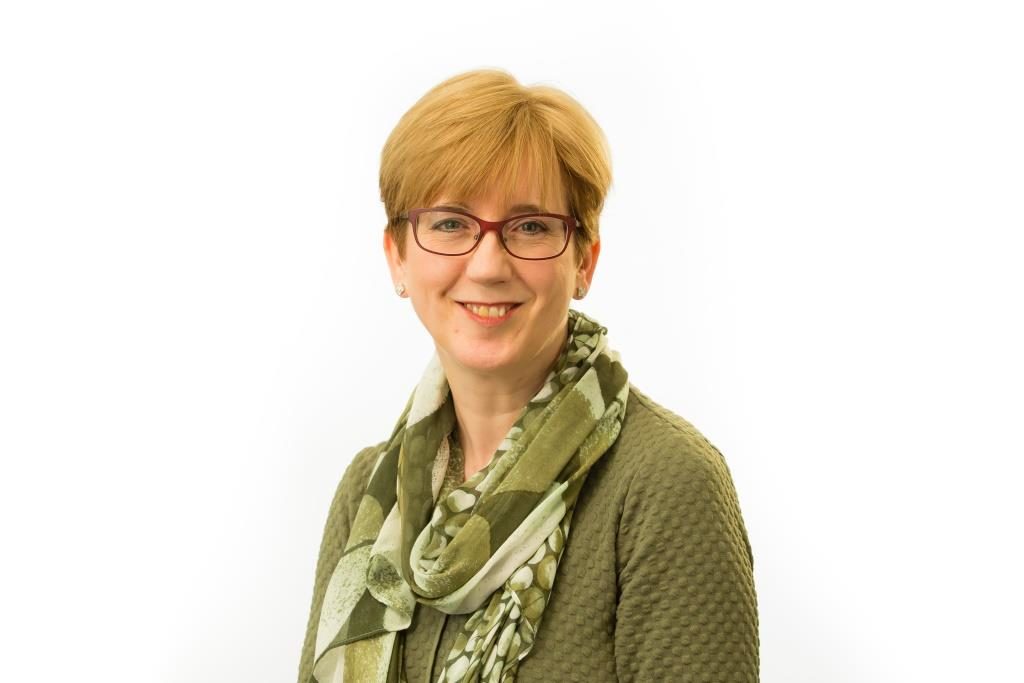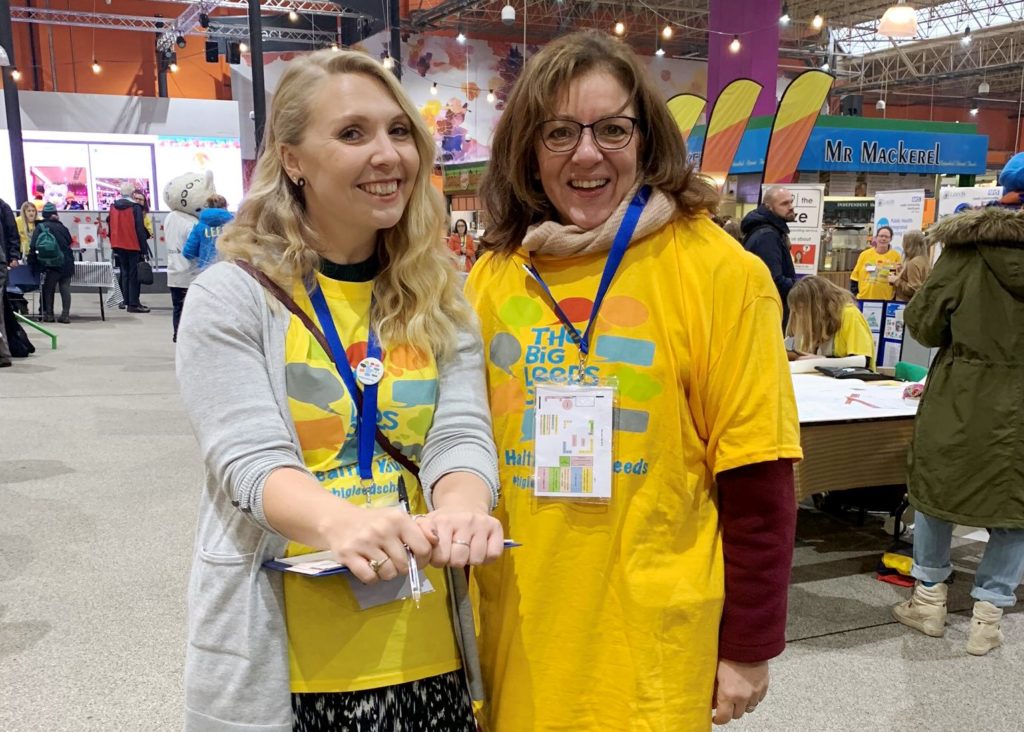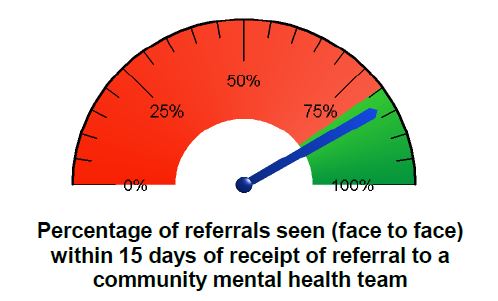Sue's Post Board Blog for November 2019
Our Chair Professor Sue Proctor blogs following the meeting of our Trust Board on 28 November 2019.

Welcome to my post Board blog following the Trust Board’s meeting on 28 November 2019.
You can read the agenda and the papers here but hopefully this will give you a quick flavour of what you missed.
Paul’s story – from Rampton to the Leeds Recovery College and beyond . . .
We started with a story from one of our well-known service user representatives Paul Frazer. Paul gets involved in a lot of our patient experience work but many people, myself included, hadn’t actually heard his story before.
He described how he started hearing voices telling him to harm himself at age 19 which first led him into mental health services. One of the saddest parts of his story was how, at this point, many of his friends and family started to shun or ridicule him – probably because they didn’t understand much about mental ill health. I hope things are a bit better today which is why we need to keep sharing stories like Paul’s.
He was eventually admitted into the Rampton high security mental health hospital with a diagnosis of paranoid schizophrenia. After a while he was transferred to the High Royds facility in Leeds where he started to recover and receive training, gain qualifications and was eventually discharged with good community support.
Paul then struggled to get work. He felt this was again due to his diagnosis and history of mental health problems, but he didn’t give up. Instead he formed a social enterprise supporting other people with mental health problems to work in a printing business. That thrived for around 15 years but unfortunately had to close last year.
Paul again did not give up. He’s been highly active in the development of our new Recovery College for Leeds, helping to recruit the college manager Simon Burton, and helping to co-produce some of the curriculum.
Paul’s new goal is to help improve the digital literacy of people with mental health problems and learning difficulties in Leeds. He’s seen first-hand how marginalised people can become if they don’t have the skills to connect with the digital world. We wish you all the best of luck with this endeavour Paul!
Moving onto the rest of the agenda . . .
Our Director of Nursing, Professions and Quality, Cathy Woffendin, presented a paper packed with interesting stuff this month, so here’s a quick flavour.
Patient Experience and Involvement
Our work to improve patient experience is progressing well. A strategy is currently being co-produced and will be shared for comment over the next few months. We’re looking forward to an official launch of this and officially unveiling the new Patient Engagement Team in April 2020.

On the subject of involvement, Cathy and colleagues (including our very own Alison Kenyon pictured on the right here) attended the Big Leeds Chat on 7 November.
Organised by HealthWatch Leeds’ Peoples’ Voices Group (PVG), it and gave members of the public the chance to share their views on their health and wellbeing priorities.
Our Patient Experience Team used the opportunity to ask people about our draft Patient Experience Strategy and gained valuable feedback, including from a prominent local MP.
We’ll be sharing the feedback report from HealthWatch Leeds once it’s been published. You can find out more about the Big Leeds Chat, including last year’s feedback and some of this year’s social media engagement here.
Learning disability nursing – celebrating our history and attracting the next generation
Board members joined colleagues at a celebration event in October to mark the 100 year anniversary of learning disability nursing. Professionals, service users, carers and other guests learned how the profession had advanced over the years, how it helps people today and why it’s such a rewarding career choice.
Guests heard stories from two of our new nursing associates, Michael Murdoch and Adrian Walker, about their learning journey and the love for what they do in their chosen career paths. Find out more on our website here.
Its people like Michael and Adrian who’ll be instrumental in attracting new people into the profession. The Trust is working with its partner trusts in Bradford and South West Yorkshire on a campaign to encourage people to consider it as a career choice. Watch out for this in the New Year.
Promoting our Allied Health Professionals (AHPs)
NHS Trusts including us are currently working to promote more AHPs into strategic roles. AHPs are the third largest clinical workforce in the NHS and include roles like physiotherapists, occupational therapists and dietitians.
There is a new leadership guide from NHS Improvement as well as loads of information about the benefits to improvement activity, visibility and influence of the AHP workforce. You can find this on the NHSI website here.
The guide provides suggestions for development at three key stages of an AHP’s career:
- setting professional and clinical foundations,
- establishing underpinning behaviours and characteristics, and
- supporting mid-career opportunities.
The research showed there were five themes that characterised every successful AHP leader. These were:
- having wide perspectives and boundary testing,
- engaging in formal learning,
- having a mentor or champion,
- taking leaps of faith, and
- building a track record.
Cathy recommended actions including that AHPs are encouraged to take the leap into new opportunities.
Preparing for winter
I couldn’t let a November blog go without reference to our preparations for winter. There is no doubt that the colder weather brings plenty of challenges as more people get sicker, which includes more people suffering with mental ill health.
Our Chief Operating Officer Joanna Forster Adams presented our plans to the Board, summarising our internal risks and readiness for winter. Our aims include:
- Reinforcing staffing levels in core services
- Responding effectively to predictable surges in demand, and
- Ensuring our urgent and emergency services are well resourced.
She also included the very detailed Leeds System Resilience Plan 2019-20 – a plan formed by all major partners across health and care. Its objectives include focusing on the role of primary care in the urgent care system, appropriate attendance and admission, and mental health crisis response and dementia care.
It also draws on some really interesting work done last year by consultants Newton Europe on the flow of patients through the local health system.
Performance update – meeting our standards and targets

Our Combined Quality and Performance Reports have evolved over the last year and are now a really useful tool to see how we’re doing against our standards and targets.
During October, a number of services achieved their targets including the Community Learning Disabilities Team achieving over 90% of referrals seen within 4 weeks, and the percentage of referrals to Community Mental Health Teams (CMHTs) seen within 15 days rose above 80%.
We’re not sure how consistent this performance is at the moment, but I wanted to mention this terrific achievement as it stands.
We’re still sending far too many service users out of area. This is compounded by the increasing length of stay on our adult acute wards in spite of some reduction in delayed transfers of care when compared with last year.
We’re launching a project called Acute Care Excellence (ACE) which recently held a workshop to look at how to improve each stage of the inpatient journey and start quality improvement work on each ward. We look forward to hearing more about this.
In other performance news, the Leeds Autism Diagnostic Service (LADS) has been working hard to improve their performance over the last year. This has seen them improve against their target of seeing people within 13 weeks from 26% in October 2018 to 80% in October 2019. The service has recently been awarded a National Autistic Society Quality Accreditation – the only NHS adult autism diagnostic service in the UK to have received this.
Great performance from the LADS!
Read more about our Chair Professor Sue Proctor here.